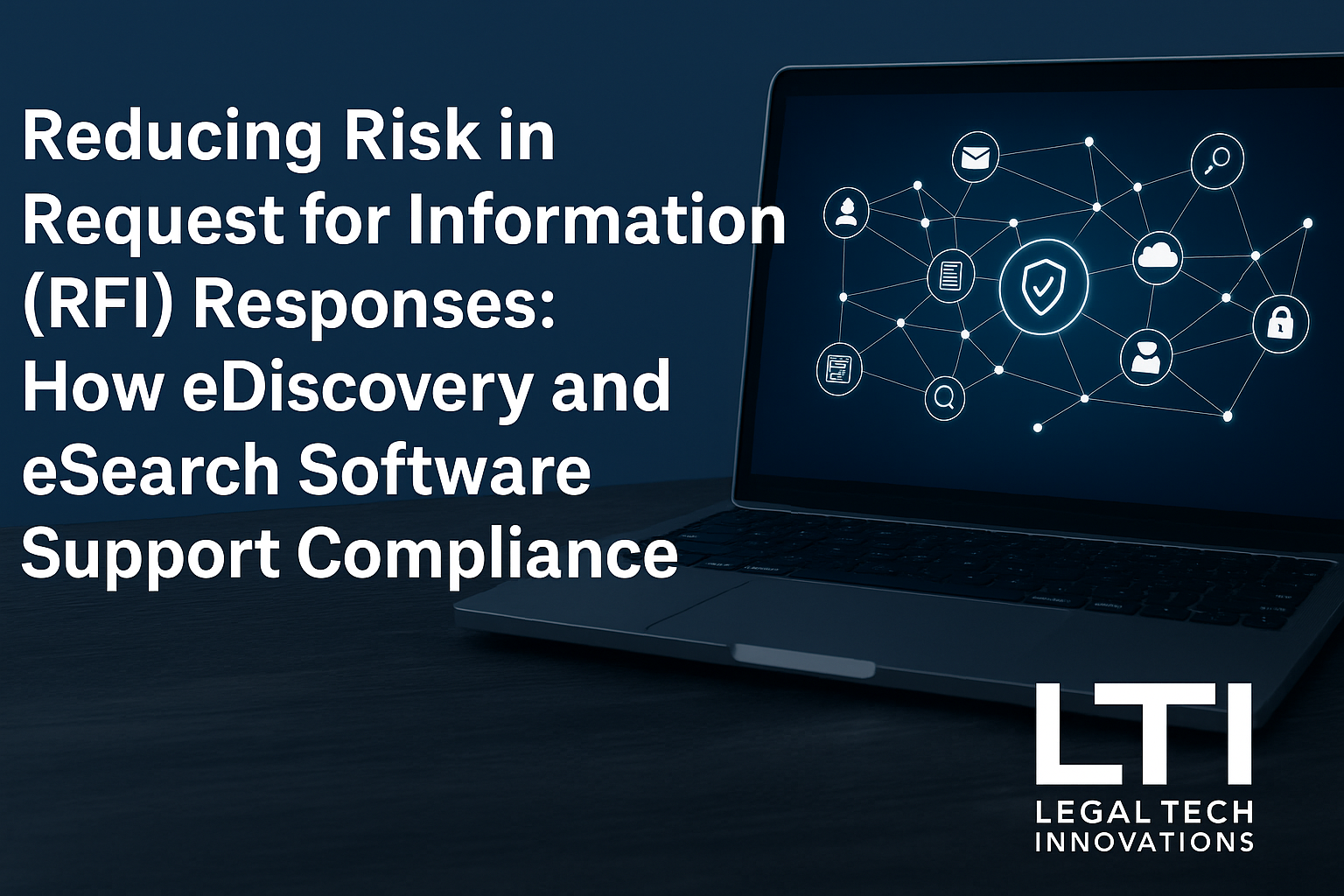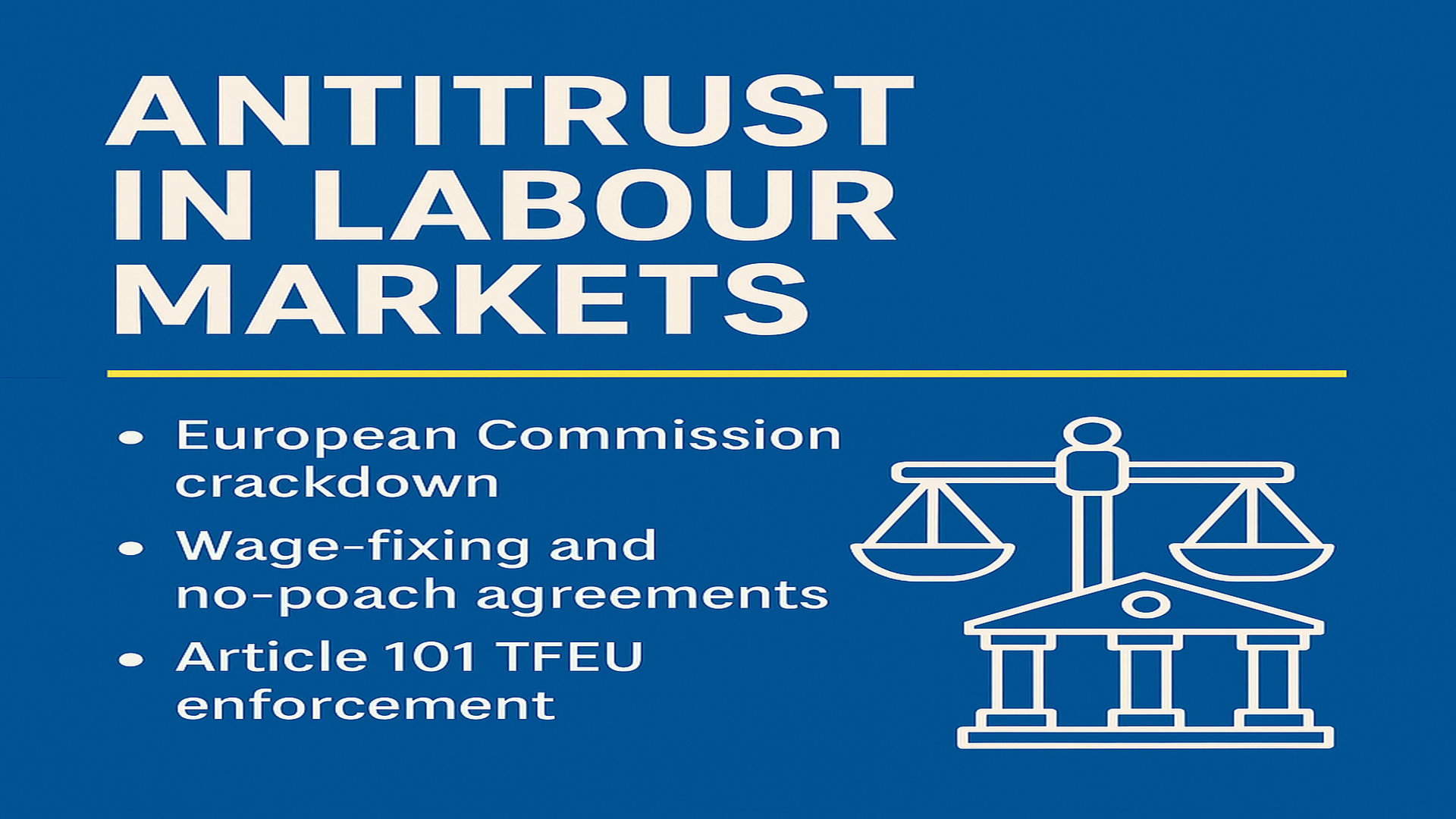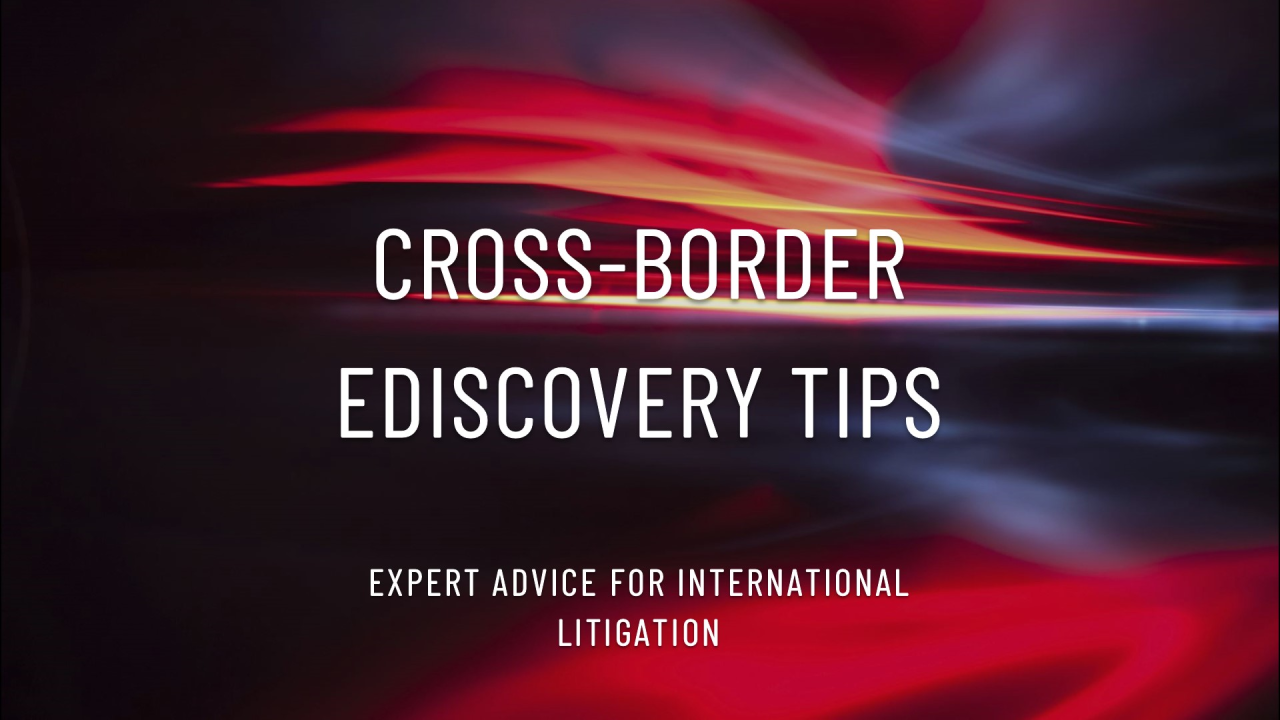Testing search results is crucial when conducting an eDiscovery (electronic discovery) exercise.

eDiscovery refers to the process of identifying, collecting, preserving, reviewing, and producing electronically stored information (ESI) for legal proceedings. Here's why testing search results is essential in this context:
Ensures Accuracy and Relevance:
Testing search results helps ensure that the data identified and collected accurately aligns with the scope of the legal matter. It helps confirm that the selected search criteria are effectively capturing relevant ESI and not including irrelevant information.
Reduces Legal Risks:
Inaccurate or incomplete search results can lead to the inadvertent exclusion of critical evidence or the inclusion of privileged or confidential information. Testing helps mitigate these risks, ensuring that only pertinent information is collected and reviewed.
Enhances Efficiency:
Testing can identify overly broad or narrow search queries. Overly broad searches may result in a large volume of irrelevant data, increasing costs and time spent on review. Conversely, overly narrow searches may miss essential evidence. Testing helps strike the right balance between precision and recall.
Validates Search Strategies:
eDiscovery often involves complex search queries and filtering mechanisms. Testing these strategies allows legal teams to validate their approach and make necessary adjustments to improve the accuracy of results.
Supports Transparency and Defensibility:
In legal proceedings, it is crucial to demonstrate the defensibility of the eDiscovery process. Testing provides a documented search process record, showing that reasonable efforts were made to identify and collect relevant ESI.
Minimises Costs:
Unnecessary data collection and review can substantially increase costs in eDiscovery. Testing helps refine search strategies and reduce the volume of data, resulting in cost savings during the review and production phases.
Mitigates Spoliation Risks:
Spoliation refers to the intentional or negligent destruction of evidence. Testing helps identify gaps or inconsistencies in data collection, reducing the risk of inadvertently spoliating relevant information.
Facilitates Cooperation and Negotiation:
In some cases, parties involved in legal disputes may need to agree on search terms and parameters. Testing can help facilitate negotiations and cooperation by providing an empirical basis for discussions.
Improves Legal Outcomes:
Accurate and comprehensive search results are essential for building a strong legal case. Testing helps ensure that legal teams have access to all relevant evidence, increasing the chances of a favourable outcome.
Adheres to Legal Obligations:
In many jurisdictions, there are legal obligations to conduct eDiscovery thoroughly and diligently. Testing search results demonstrate compliance with these obligations.
In summary, testing search results is a critical quality control measure in eDiscovery. It helps validate the accuracy and completeness of data collection, enhances the defensibility of the process, reduces costs, and ultimately supports the legal team in building a solid case or complying with legal obligations. Failure to test search results can lead to legal risks, inefficiencies, and potentially unfavourable outcomes in legal proceedings.
Contact us to discover how LTI can help with your search strategies.
info@legaltechinnovations.com










